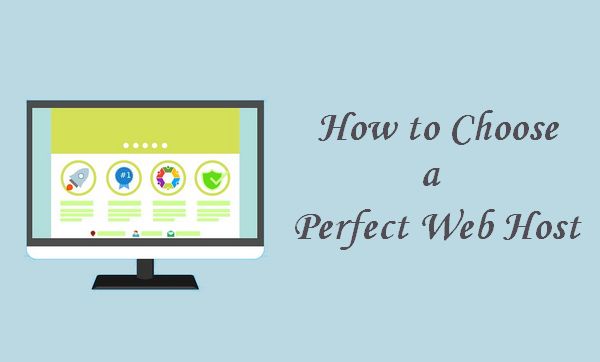Over the past decade, it has become easier for less technical people to create and maintain websites. With companies like WordPress and Drupal provide ease of use website builder tool, no coding skills required for standard websites. So the actual setup part of building a website becomes much easier for a basic site.
However, one of the aspects of setting up a website that seems to make a spanner work, is understanding the role of a web host and how to choose the right one. This is an area that can be confusing to novice website owners, so they often need guidance in the process.
Here are some basics to help you if you are in that position:
What is a web host?
A web host is a service that ‘hosts’ your website on a server and allows your website to go online and for people to search for it. It gives you unique IP address that internet users can find your site with.
There are many different web hosting companies out there, so deciding on one can be one of the biggest challenges. You can spend the next week researching everything without going through everything.
So your time might be better spent just checking web host reviews and letting the experts do the hard work for you. Some of the most well-known hosting brands include GoDaddy, SiteGround and iPage.
As well as having a large selection of hosts, there are also many different types of hosting that each company offers.
What types of hosting are there?
FREE hosting:
If you need to keep costs to a minimum, then some companies provide free hosting services. Sounds too good to be true? In most cases it is. Free hosts they make money with people who choose to upgrade to a premium plan, show ad banners on your website or free ads they get from you using their domain.
The reason people often need to upgrade is because there will be many limitations such as limited storage and bandwidth. Plus, website performance generally won’t be as good as paid hosting plans.
Shared hosting:
If you need a little more from a web host than a free hosting plan provides, then you might like the idea of shared hosting. Fixed costs are relatively inexpensive because you share server costs with other people.
Performance, storage and bandwidth allowance etc. much better than free hosting. Plus, you own the website so you have some control over how it’s used by your host.
Dedicated hosting:
While shared hosting can be a great solution for small businesses with lower volumes of online traffic, if you are a large business with lots of online visitors then you may need something more. Dedicated hosting provides a server that is only for your use, so you have full bandwidth capacity instead of sharing it with other websites.
It also offers a higher level of security as you will not be sharing your server with other websites that may have viruses. However, all of these added benefits come at a cost, so you’ll need a sizable budget if you’re going with dedicated hosting.
There are several other types of hosting but these are the three you will probably decide on when starting out with your first website.








